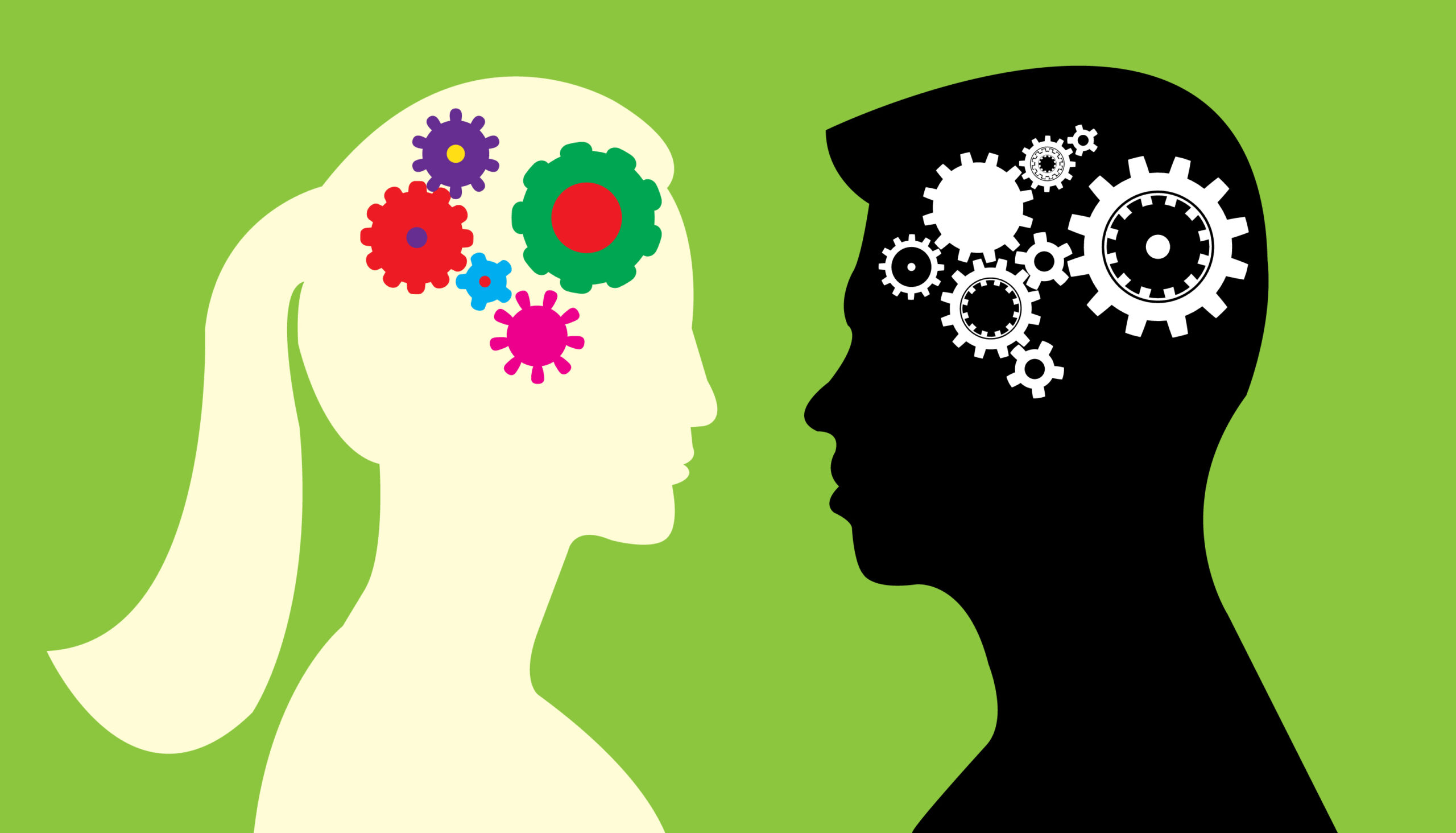
Neuroscience News reports that a new academic study from four Stanford University scholars just published in the prestigious Proceedings of the National Academy of Sciences shows that even artificial intelligence (AI) devices can observe random human brain structures and discern, with remarkable accuracy, if they belong to male and female humans.
These scholars explain, “Sex is an important biological factor that influences human behavior, impacting brain function” and nearly all other human phenomena.
Employing typical scientific language that can be difficult to fully understand, they add,
Leveraging recent advances in artificial intelligence and large multicohort fMRI (functional MRI) datasets, we identify highly replicable, generalizable, and behaviorally relevant sex differences in human functional brain organization localized to the default mode network, striatum, and limbic network.
They continue, “Our [spatiotemporal deep neural network (stDNN)] model accurately differentiated male and female brains, demonstrating consistently high cross-validation accuracy (>90%), replicability, and generalizability across multisession data from the same individuals and three independent cohorts.”
What this means in plain English is that differences in the human brain of males and females are so clear and distinct that even artificial intelligence can reliably discern them. How about that?
These scholars reached this conclusion by studying highly detailed brain images of 1,500 young adults ages 20 to 35 with a plus-90 percent accuracy rate.
Unsurprisingly, these scholars detected not one of the other multiple sexes gender theorists regularly claim there are. Not three. Not 20. Not 58. Not 72. Not 107. Just two.
The failure of AI in the less the ten percent of cases examined is not because of confusion of the sexed brain, but from the limitations of AI itself. Science knows male or female is the human constant. These scholars concluded, “Our findings underscore the crucial role of sex as a biological determinant in human brain organization.”
This fact reveals a very pernicious foundational lie of gender theory. A false truism of the gender catechism is, “Sex is what is between your legs. Gender is what is between your ears.”
What they mean by this is that while our genitalia might say one thing, what is in our head is what’s really true about us. That is the underlying rationale of transgenderism and gender relativity. But that is clearly false.
This research demonstrates that sex is what is between your ears too. Our sex is in every cell in our bodies. And primarily, over and above all other indicators, it is found in every single person’s natural potential to offer either large (ova) or small (sperm) gametes to the essential human experience of creating the next generation of male or female human beings through procreation.
These foolproof biological indicators are true of 99.982% of all human beings. That microscopic fraction for whom this is not obviously true are certainly not a third, fourth, or 70th sex or gender. Such instances are merely unfortunate maladaptations of the natural human process known as intersex.
The truth and wonder of the human male and female is so clear, distinct, and reliable that even artificial intelligence can reliably determine it. It is a shame that thinking human beings are increasingly believing the lie that male and female are merely what people believe about themselves, contrary to clear biological indicators.
Related articles and resources:
Why Christians Can’t Avoid the “Trans” and Gender Redefinition Issue
Why Focus on the Family Cares About the Gender Issue?
Yes, Sexuality and Gender Are Undeniable Gospel Issues
Are Sex and Gender Different Things?
A Singularly Christian View of the Transgender Problem
Transgender Resources
What Are Male and Female in God’s Story?
Image from Shutterstock.
